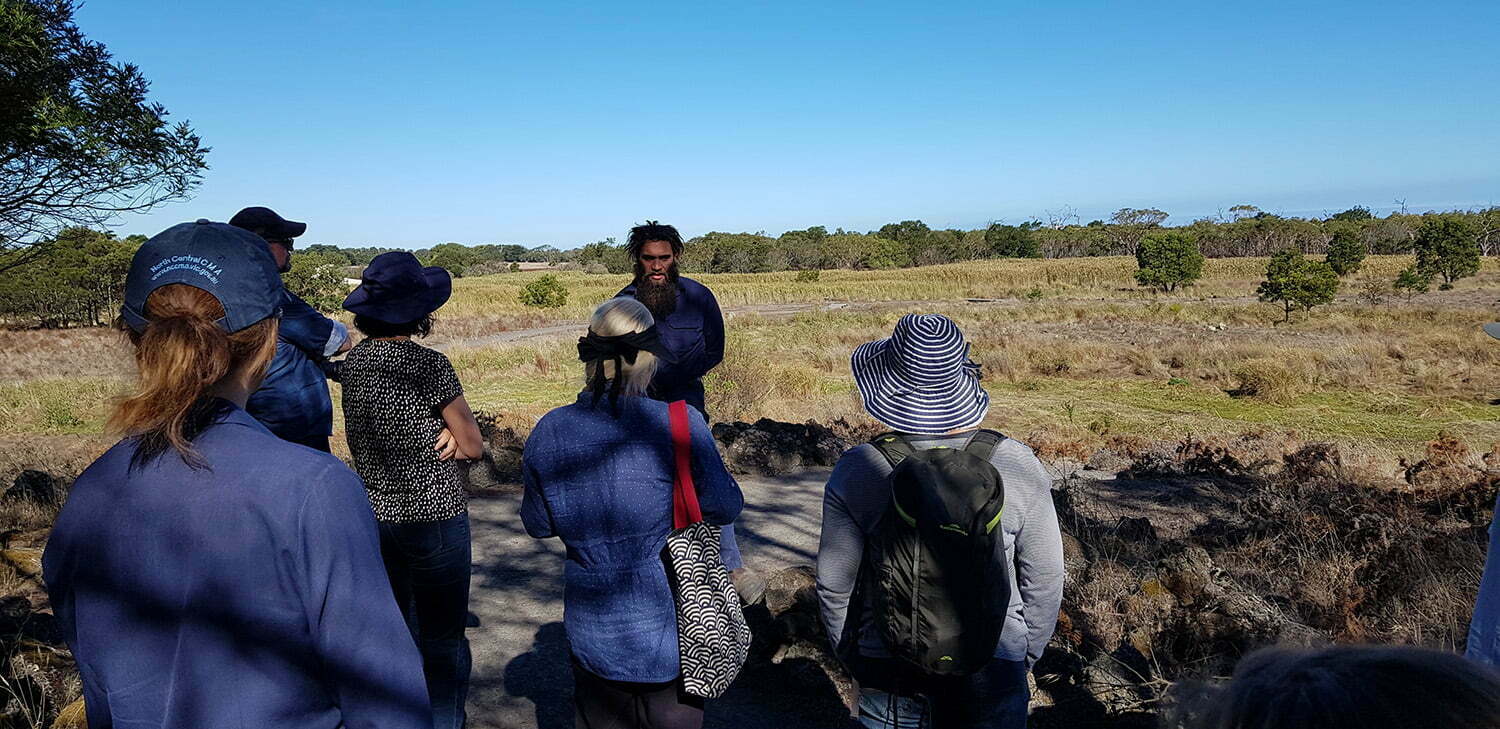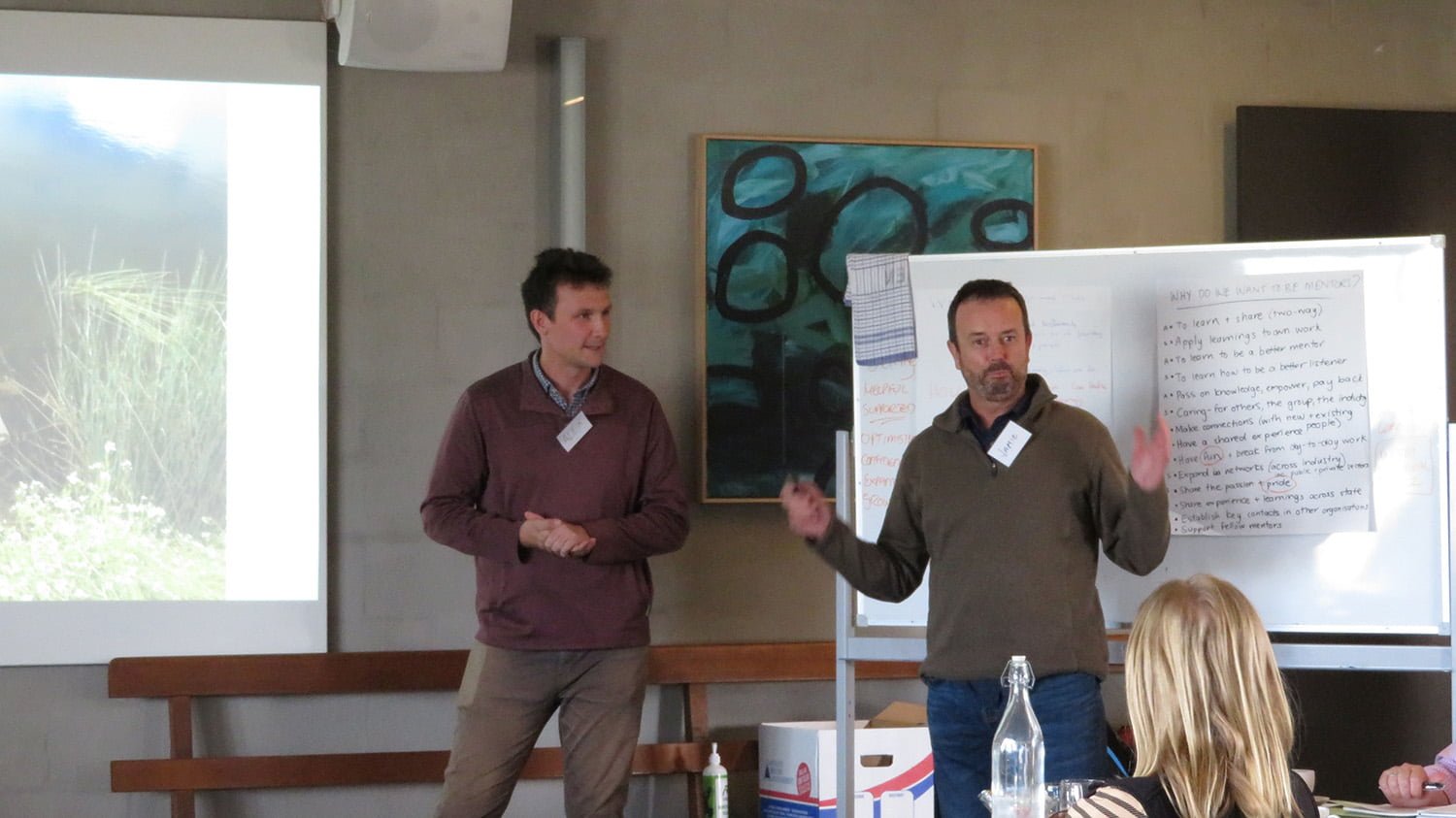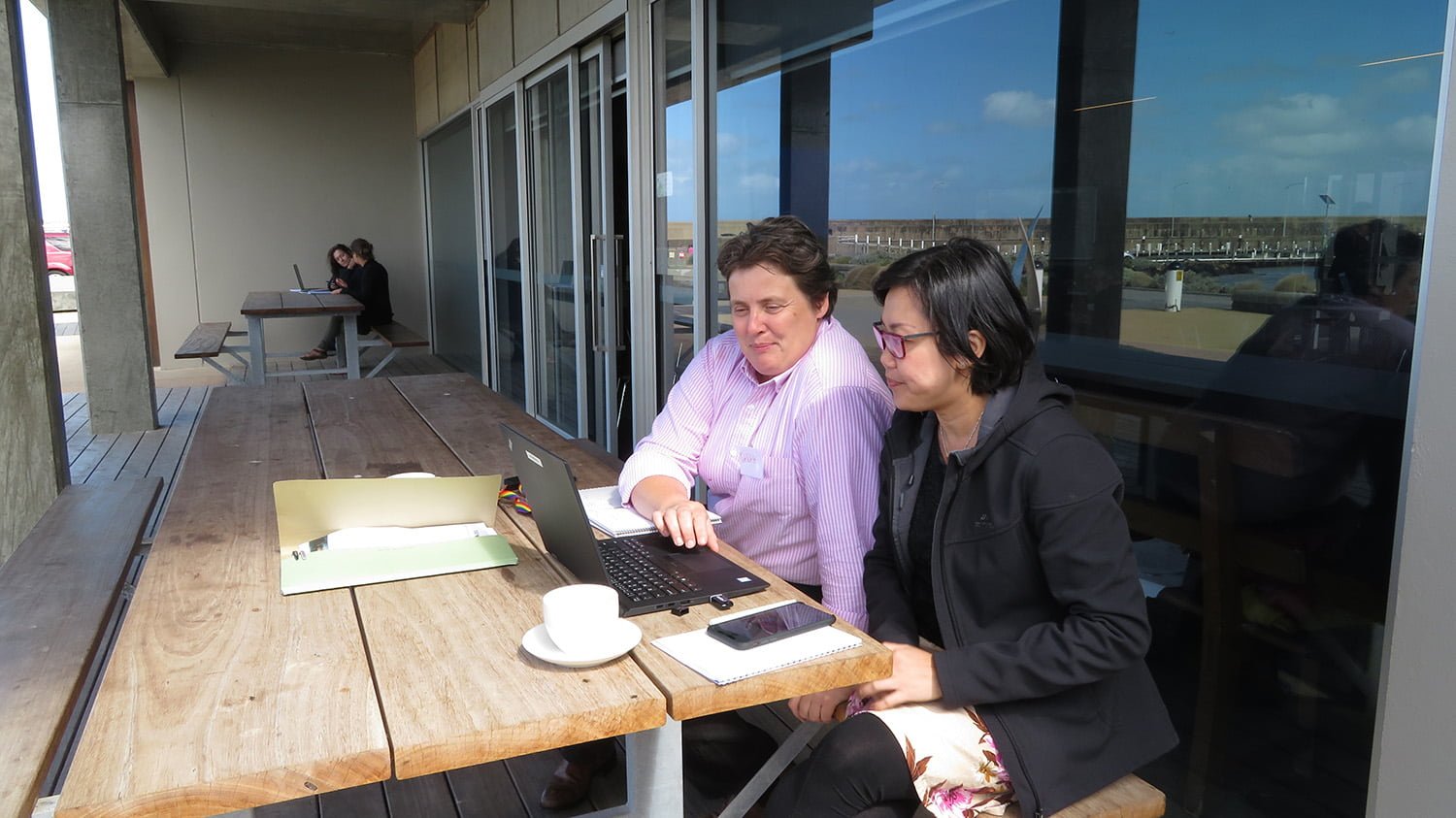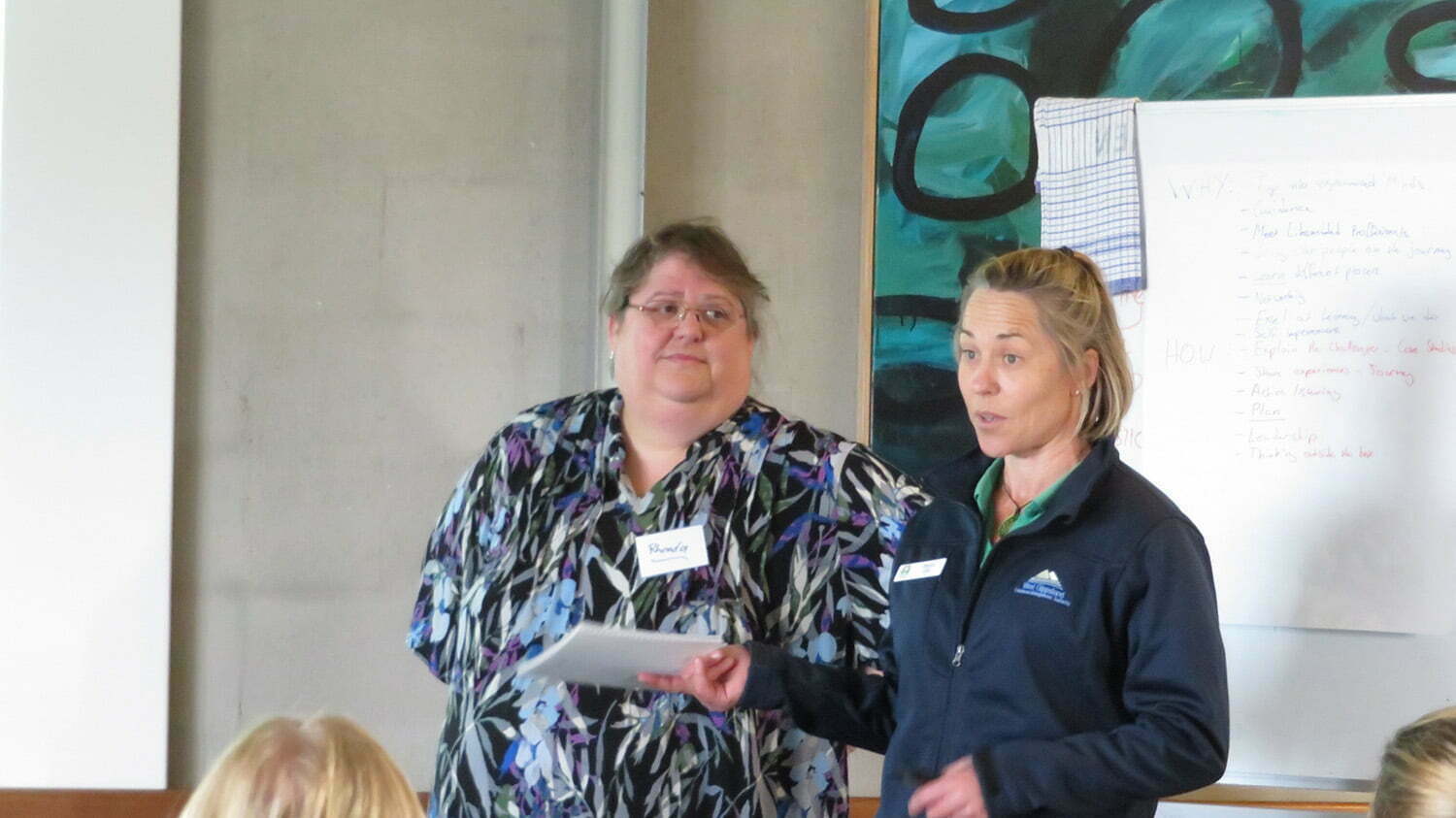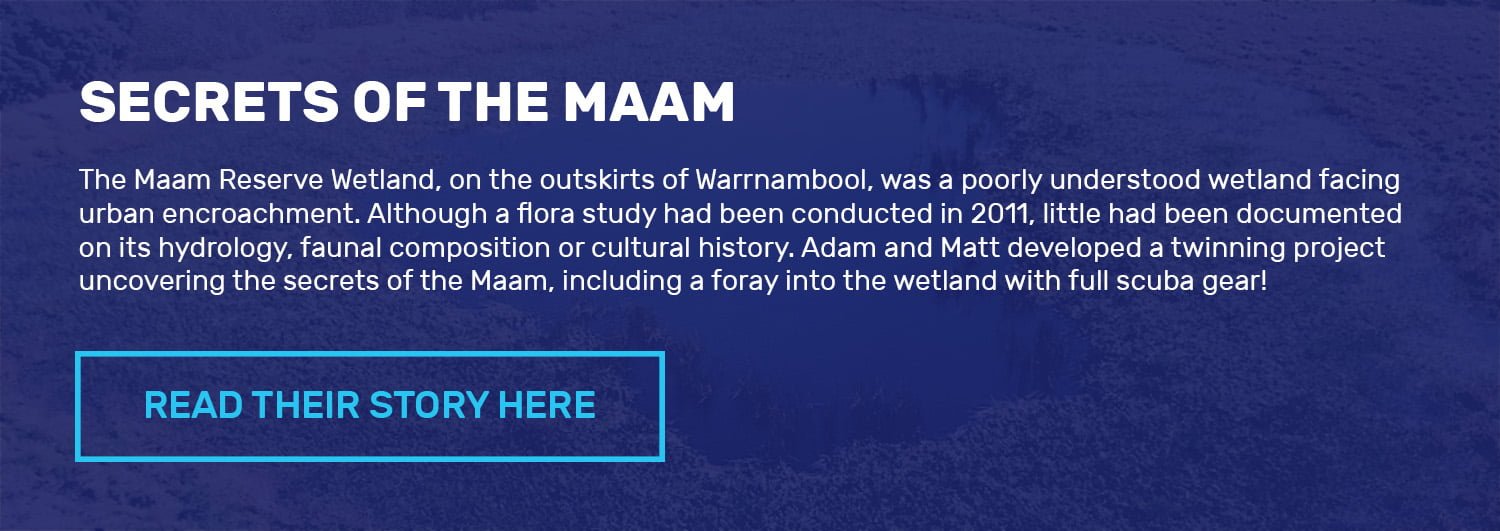Last week we kicked off the Waterway Management Twinning Program with the class of 2019! Every year I feel so lucky to be working with my friends at the Glenelg Hopkins CMA to deliver this Program, which, thanks to the Department of Environment, Land Water and Planning and the River Basin Management Society is now into its fourth year.
We have another great group of people drawn from lots of different organisations, and with rich life experiences to share. You will get to meet them over the coming year as we share their stories. Based on the evaluation of the program last year it is the connections, capabilities, confidence and shared experiences that make this program so much more than ‘just mentoring’. Read on to find out what the evaluation found and meet our 2019 participants.
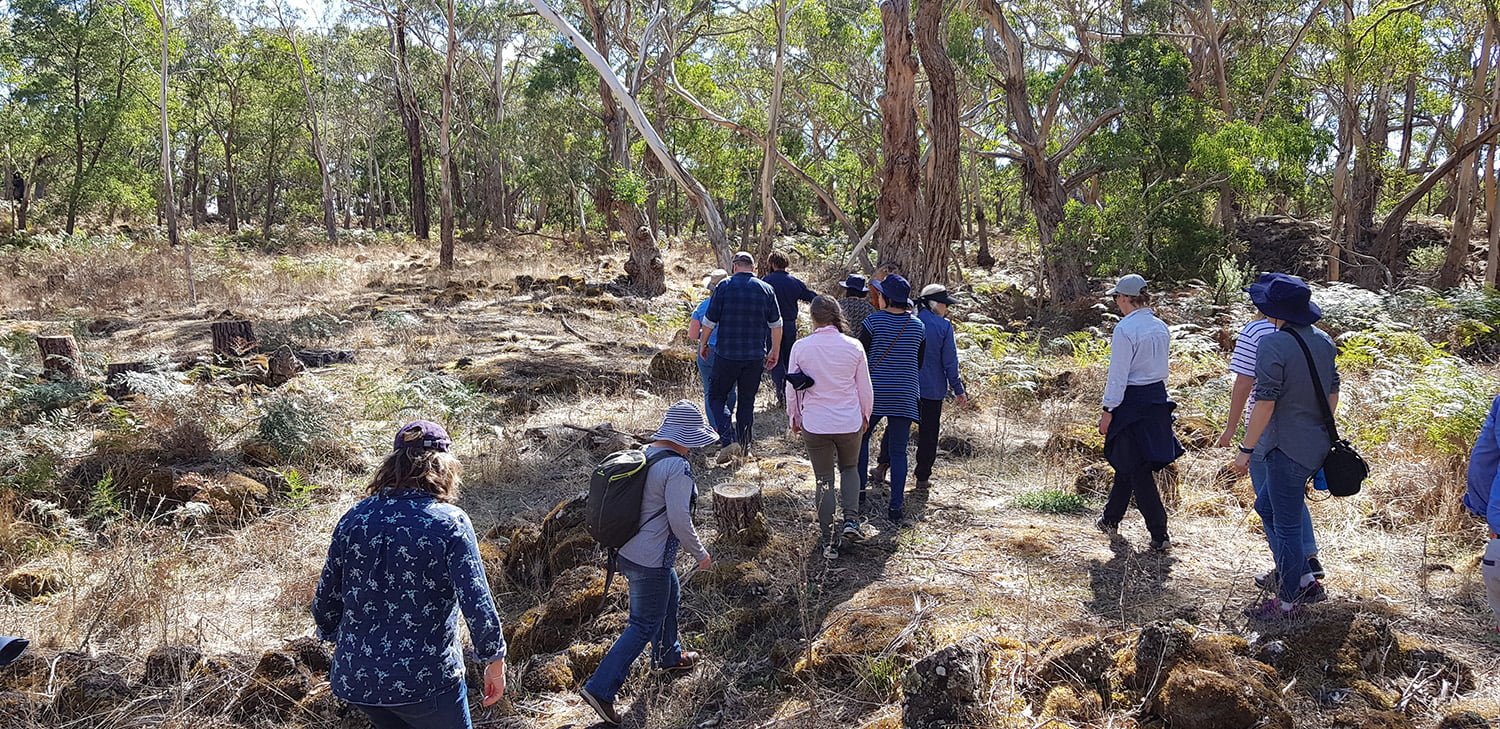
2018 Program Evaluation – Key Findings:
Guess what? When people are given the time to develop relationships built on trust, the support to explore ideas, the space to have fun and share experiences, great things happen. When the evaluation was being scoped I was asked about what I thought the most important thing was to evaluate – my answer was simple, we can get caught up in processes and procedures, but really it is the people who have been part of the program that can tell us whether or not it has worked.
The key findings of the evaluation undertaken by First Person Consulting was that the program is effectively contributing to its objectives of:
- building capacity and confidence in people working in waterway management
- connecting and creating networks that will sustain people in the long-term
- fostering supportive behaviours within organisations
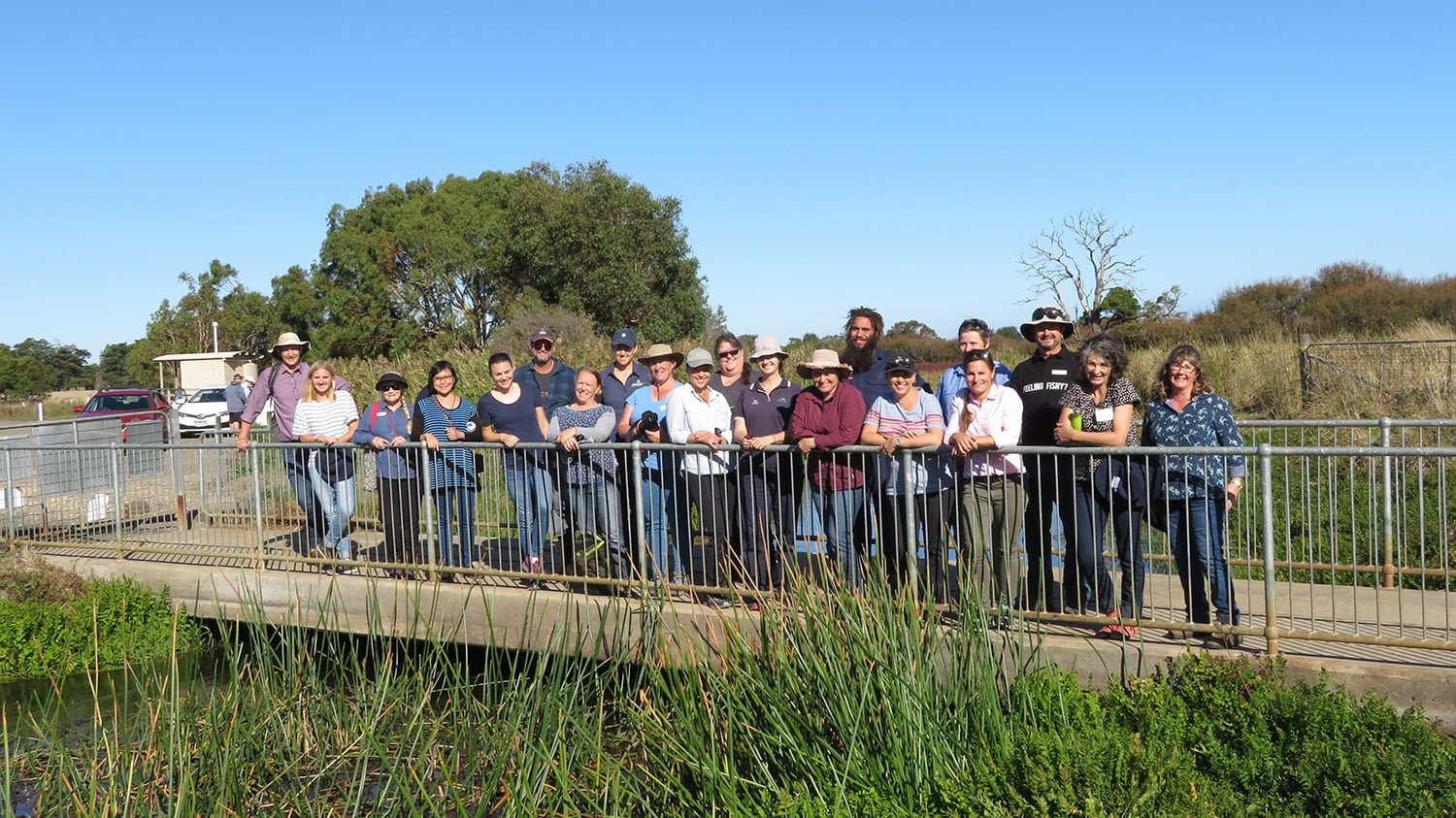
Participants (both mentees and mentors) and supervisors cited a range of benefits of being involved in the Twinning Program, including:
- Improved confidence in their roles: Mentee survey respondents noted their confidence in their roles had improved moderately or greatly as a result of the Twinning Program. Mentee’s supervisors also offered strong support for this outcome.
- Development of professional and interpersonal skills: 92% of mentees and 70% of mentors noted they had moderately or greatly improved their professional and interpersonal skills in stakeholder engagement, presentations, communication and project management. Supervisors all highlighted how the program had benefited mentees’ communication skills, and mentors, in particular, reported improving their interpersonal skills.
- Greater skills and knowledge in waterway management: Around two-thirds (63%) of respondents noted that they had moderately or greatly improved their skills and knowledge specifically in waterway management.
“It was just getting that broader exposure to catchment management, which I had heard nothing of. I was an engineer sitting in a room full of environmental scientists.” – Mentee
- Development on the personal front: Participants also talked about the Twinning Program contributing to their broader personal development. In almost half of the interviews with mentors and mentees, participants talked in some way about the benefits of how the program allowed them to reflect on what is important to them, reinvigorating their enthusiasm for their work.
“I really enjoyed getting to know people from the broader industry. We often work in our little silos, so the field trips and workshops that are part of the Twinning Program were great at getting to know my colleagues from other waterway management organisations. From some of the conversations we have had, new connection have been made between normally exclusive parts of the water industry.” – Mentor
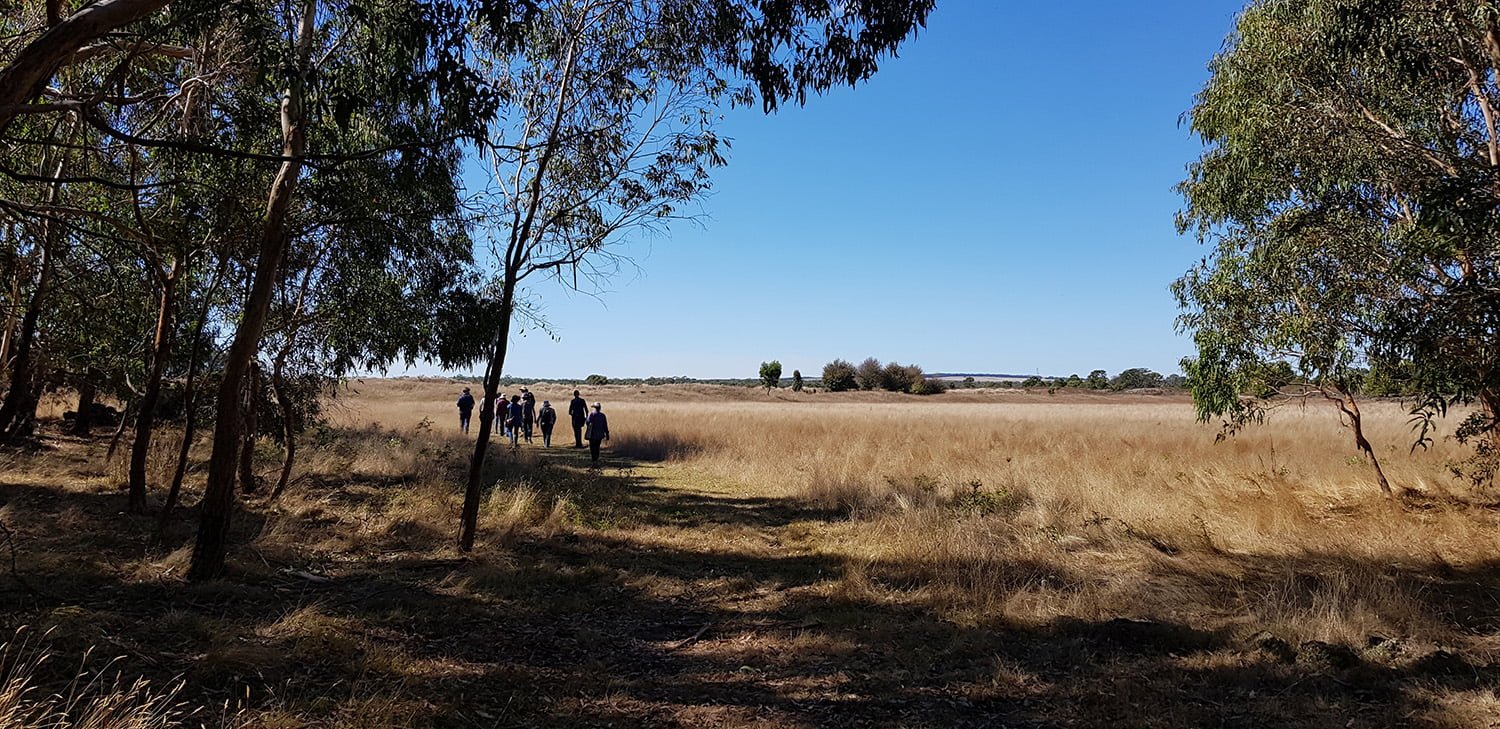
- Improved networking: In addition to the skills and knowledge above, the program also successfully established broader networks among participants. 83% of mentees and 80% of mentors reported moderate to great improvements in their professional support networks.
“The best thing was meeting everyone and creating network, learning everyone’s background experiences and where we could potentially tap into outside of the mentor-mentee partnership.” – Mentee
- Aligned with organisational policies: A range of mentors and all of the supervisors interviewed noted that the Twinning Program aligns well with their own organisational policies related to professional development and that they will be encouraging others to participate in the future.
“I think all of us in the water industry are now being compelled to speak with other organisations and people that perhaps we wouldn’t have had to speak to ten years ago, but there is now more emphasis on integrated water and community consultation and engagement, so those networks are really valuable.” – Supervisor
In summary Patrick and the team at First Person Consulting found that:
“Overall, the Twinning Program is a well-run, well-targeted initiative. It is much more than a mentoring program in that it provides a rounded suite of activities help participants build the skills and networks important for becoming more effective waterway managers. It thus fits well with broader strategies for improving the capability of people within the sector—an essential element for delivering better on-ground outcomes in the long-term.”
These findings are wonderful, as when Adam, Lucy and I started the program we shared a belief about the value of investing in people, but we really were not sure where the program would take us. I am now planning to apply to the NSW Environmental Trust through their Environmental Education grants to extend the program into NSW, I will let you know how I get on!
– Siwan ?
